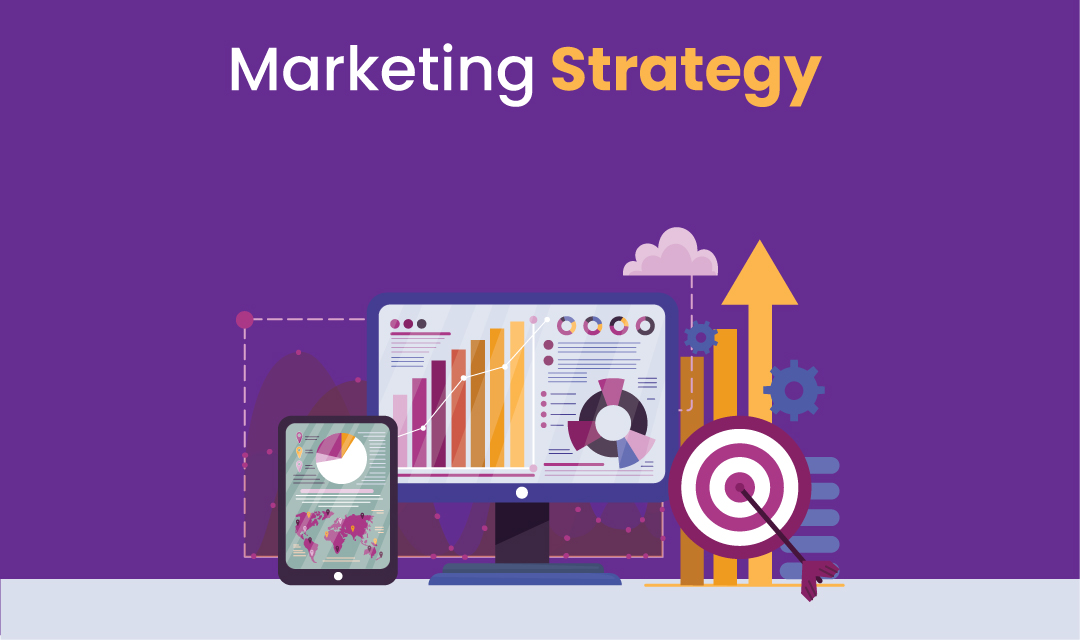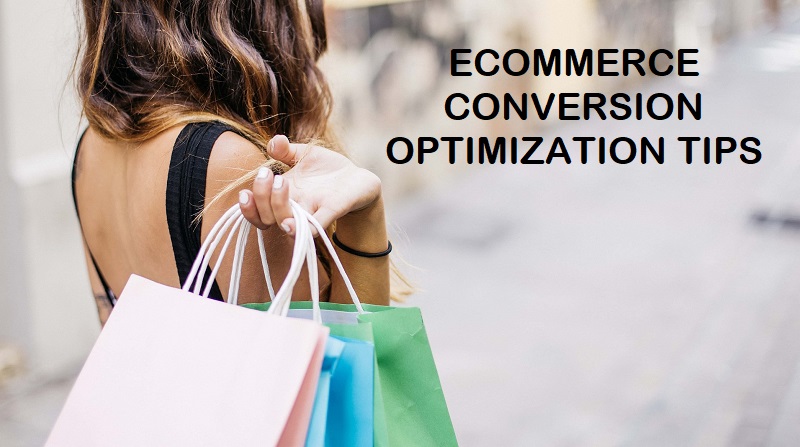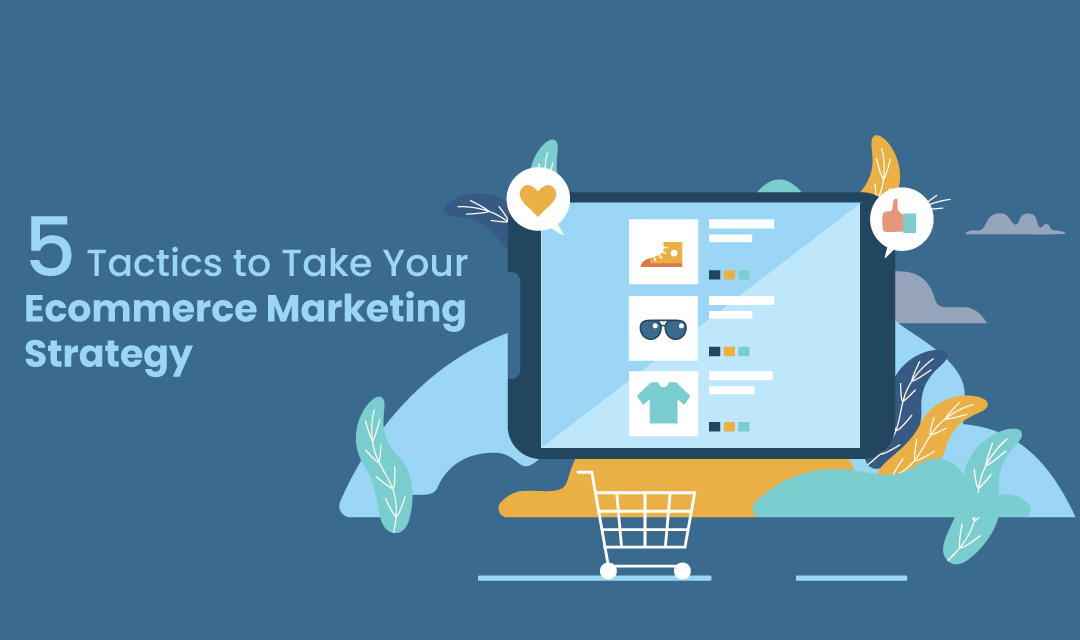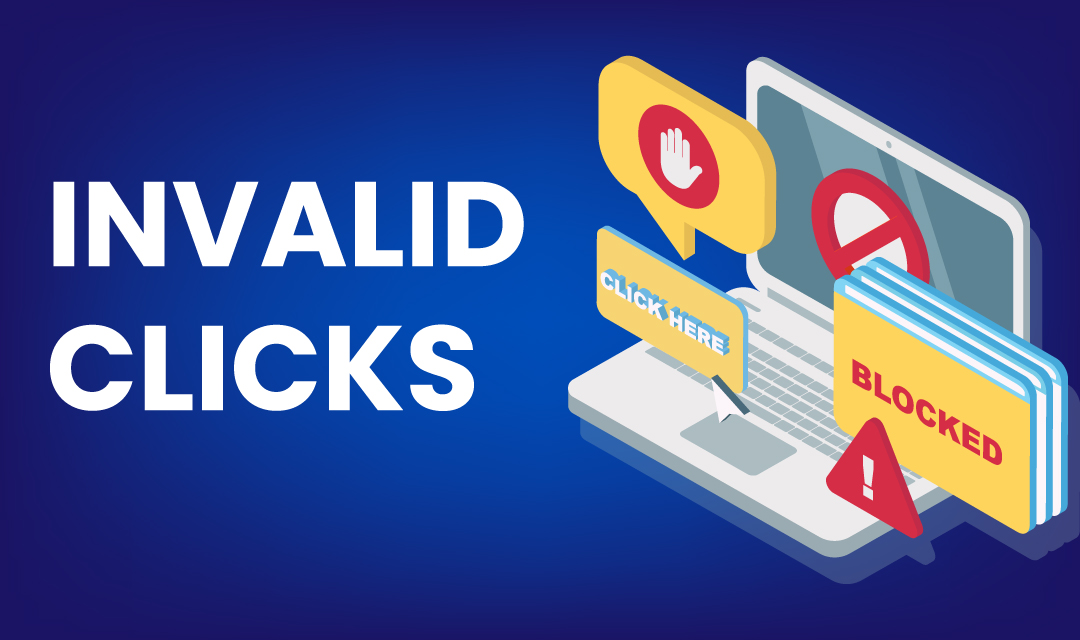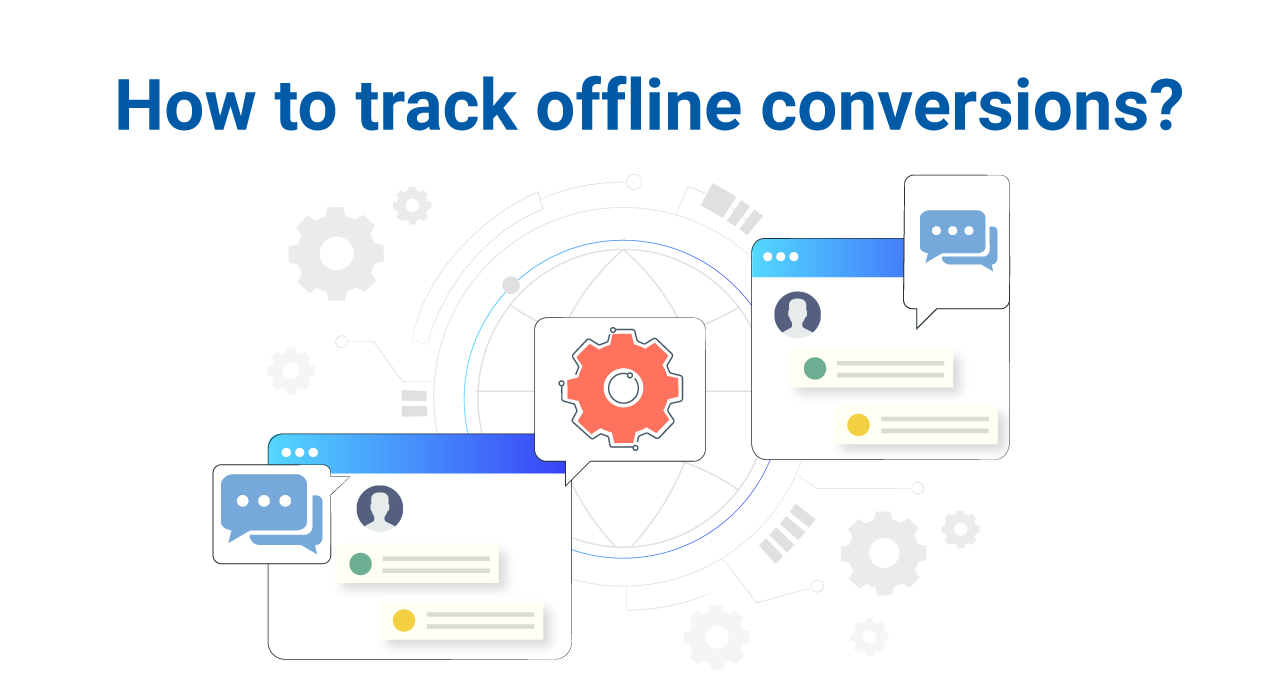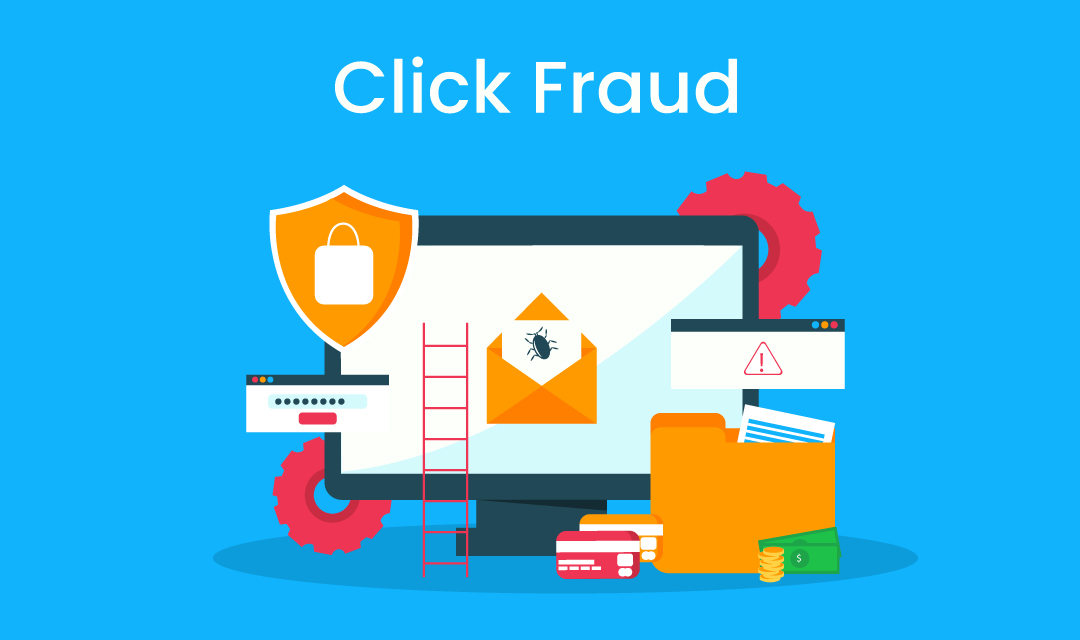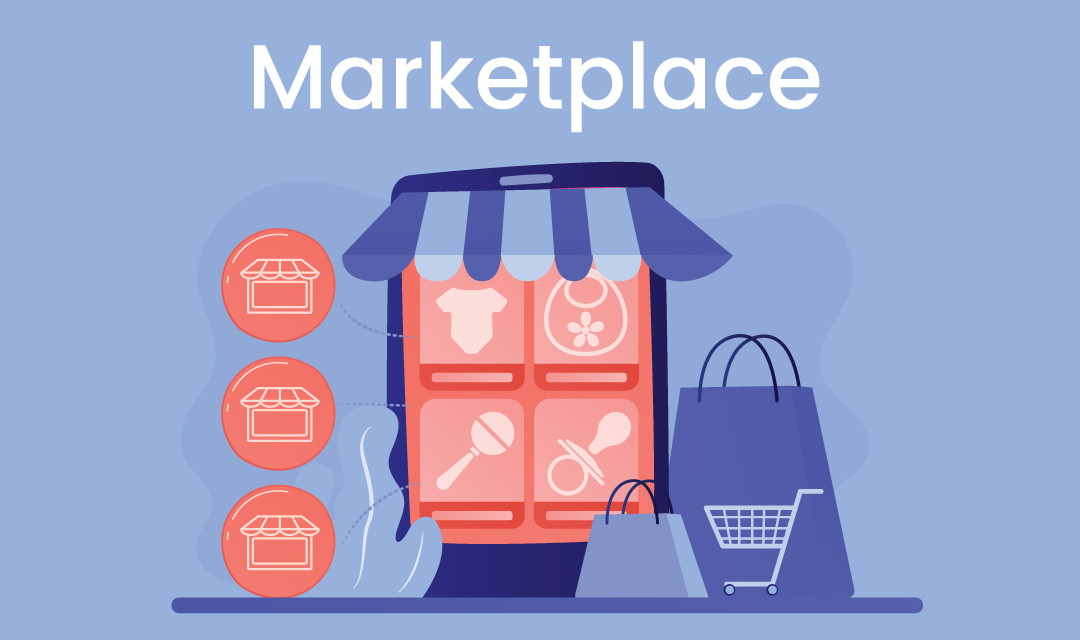
Selling products in the marketplace requires online sellers to look for effective ways to reach their potential customers. Having fine products and services is one thing and availing them to your customers is another.
How you present your brand determines the success of your enterprise based on whether the customers are satisfied or not. After establishing a great business, take time to go to the marketplace with your best offering. Here are ten reasons why you should do so.

